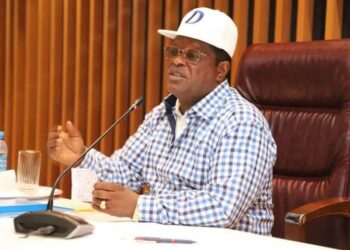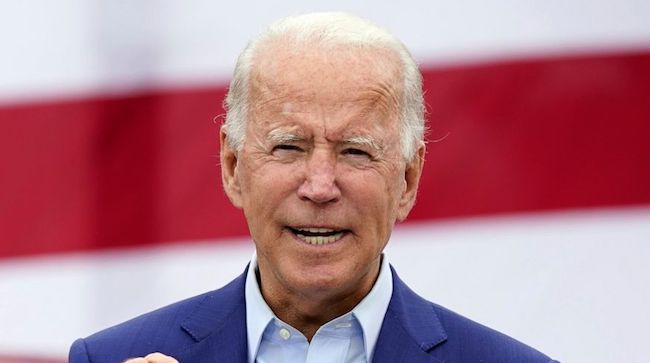
ABUJA – A tense exchange unfolded Monday in the House of Representatives as Nigeria’s Minister of Marine and Blue Economy, Gboyega Oyetola, raised concerns over a high-stakes cargo tracking agreement that has faced significant setbacks.
Represented by Babatunde Sule, a ministry director, Minister Oyetola disclosed before the House investigative panel that the multi-billion-dollar contract for the International Cargo Tracking Notes (ICTN) project had fundamental flaws.
The ICTN, designed to monitor cargo entering Nigerian ports and curb underreporting and smuggling, is estimated to cost the country around $500 million monthly in lost revenue due to its delayed implementation.
The House Committee on Shipping Exercises, Customs, Port and Harbour, and Maritime Safety, Education, and Administration held the hearing to investigate the delay and assess allegations of irregularities in the contract process.
Mr Sule stated that the Federal Executive Council (FEC) approved the ICTN project under the previous administration, though he claimed the approval process was flawed. “The process was faulty from the start,” he admitted, sparking reactions from lawmakers.
Recall that In March 2023, the Buhari administration awarded the contract to a consortium led by Antaser Nigeria Limited to oversee cargo tracking for imports, exports, and crude oil.
However, since the transition to President Bola Tinubu’s administration, reports have emerged that certain officials are pushing to replace the Antaser-led consortium with new partners through a public-private partnership (PPP) under the newly appointed DG of the Infrastructure Concession Regulatory Commission (ICRC), Jobson Ewalwfoh.
During the hearing, Mr. Sule faced scrutiny from committee members, with some questioning his ability to represent the ministry adequately. “You don’t seem informed enough on this issue,” remarked committee member Kabir Maipalace.
“Neither the minister nor the permanent secretary appeared, and it’s clear you lack first-hand knowledge.”
Adding to the complexity, Frank Tietie, Director of Citizens Advocacy for Social Justice in Nigeria (CASER), reminded attendees that ICRC had initially attempted to award the ICTN contract to companies, Medtech Scientific Limited, Rozi International Ltd, and Frabemar UK that lacked relevant industry experience, leading to a public outcry and eventual cancellation of those bids.
Representing the consortium, Antaser chairman Emeka Obianozie stated that NUPRC (Nigerian Upstream Petroleum Regulatory Commission) and the Nigerian Customs Service were moving to establish similar services within the ICTN’s purview at a greater cost.
He warned that these parallel efforts risk duplicating the ICTN’s function, diluting transparency, and ultimately inflating costs. Obianozie also affirmed that Antaser’s contract remains valid, highlighting the consortium’s extensive global network for trade monitoring and inspections.
Mr. Oyetola’s absence initially delayed the hearing, prompting lawmakers to recess until he could attend. The Minister of Finance and Coordinating Minister of the Economy, Wale Edun, arrived during the recess to represent him, though the committee insisted on hearing from the Marine and Blue Economy Ministry directly. Following negotiations, Sule was allowed to speak, though many lawmakers expressed frustration over the lack of senior ministry representation.
Concluding the session, committee chair Mr. Dasuki announced plans to continue hearings with all parties to address the broader issues plaguing the ICTN project.

 2 hours ago
66
2 hours ago
66







